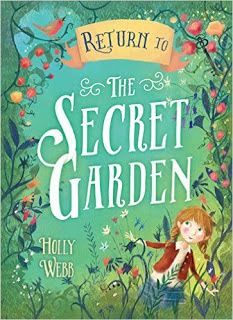Robert Wilder
 Robert Wilder is the author of a novel, Nickel, and two critically acclaimed essay collections, Tales From The Teachers’ Lounge and Daddy Needs A Drink, both optioned for television and film.
Robert Wilder is the author of a novel, Nickel, and two critically acclaimed essay collections, Tales From The Teachers’ Lounge and Daddy Needs A Drink, both optioned for television and film.
A teacher for twenty-five years, Wilder has earned numerous awards and fellowships, including the inaugural Innovations in Reading Prize by the National Book Foundation. He has published essays in Newsweek, Details, Salon, Parenting, Creative Nonfiction, plus numerous anthologies and has been a commentator for NPR’s Morning Edition.
From the author's Q&A with S. Jordan at Cease, Cows:
Q: Why did you title the book Nickel?Visit Robert Wilder's website and Facebook page.
Without giving anything away, the novel is centered around a teenager’s best friend getting a mysterious illness and nickel (the metal) may have something to do with it. But I also thought about how something like nickel (the coin) can be so hard and yet have a certain beauty and value. In my years of teaching, I’ve seen how teenagers can seem so hard or tough, but there’s always something valuable about them and something they value if they dig deep enough.
Q: Describe the relationship between Coy and Monroe, the novel’s two main characters.
Coy and Monroe are the oddballs or misfits in a large public school. They band together to survive and develop a tight friendship based on similar tastes in music and pop culture, as well as a recognition of how the other suffers. They also develop their own vernacular—a type of code only the two of them understand. Even though their code can be funny or seem harsh, it’s a way of trying to protect themselves, process hardship, and understand a difficult (and beautiful) world.
Q: Coy and Monroe are fans of the 1980’s, and the novel is packed with pop culture references. What about the Eighties resonates so strongly with these teens?
I’ve seen...[read on]
The Page 99 Test: Daddy Needs A Drink.
My Book, The Movie: Nickel.
Writers Read: Robert Wilder.
The Page 69 Test: Nickel.
--Marshal Zeringue



























